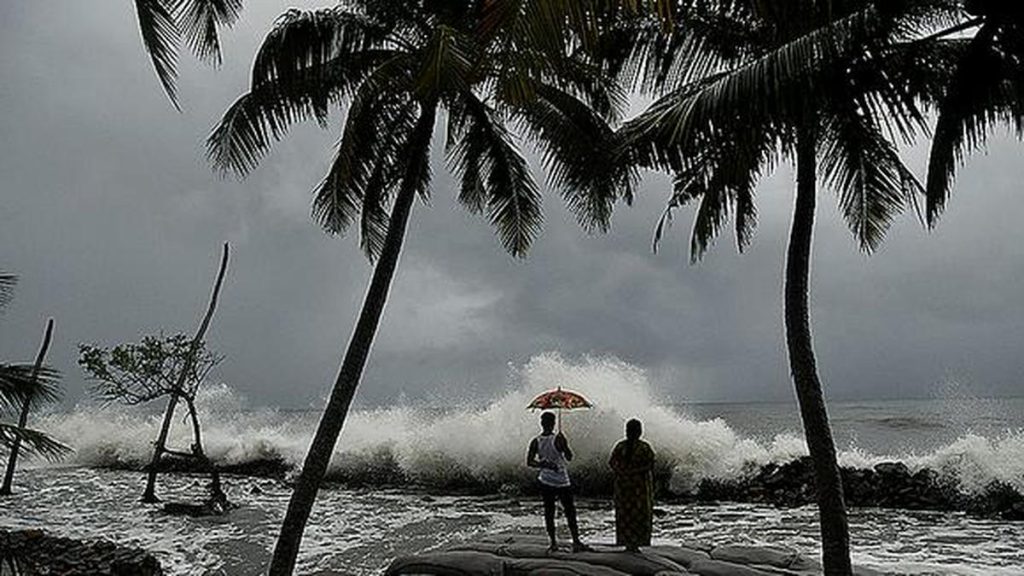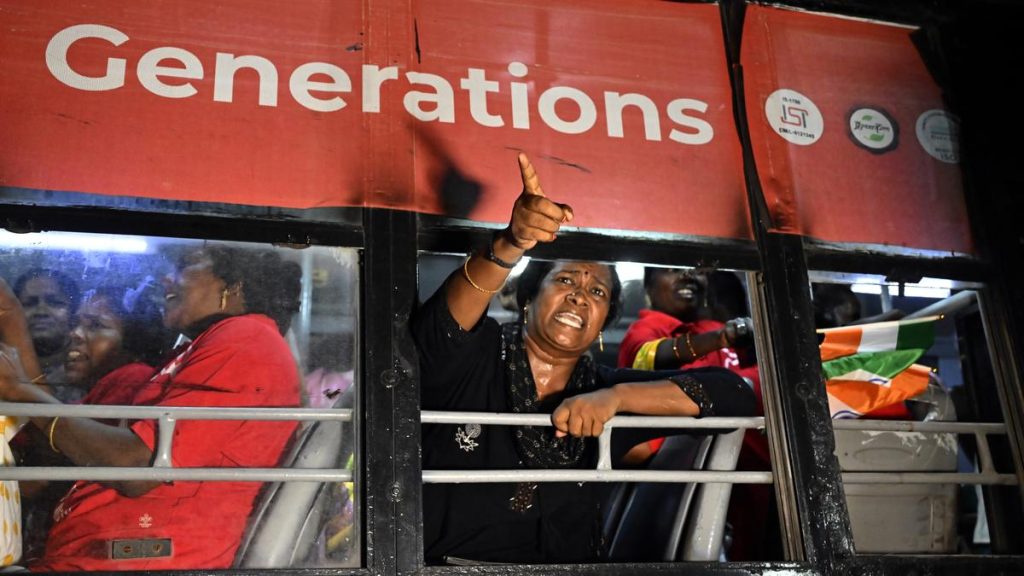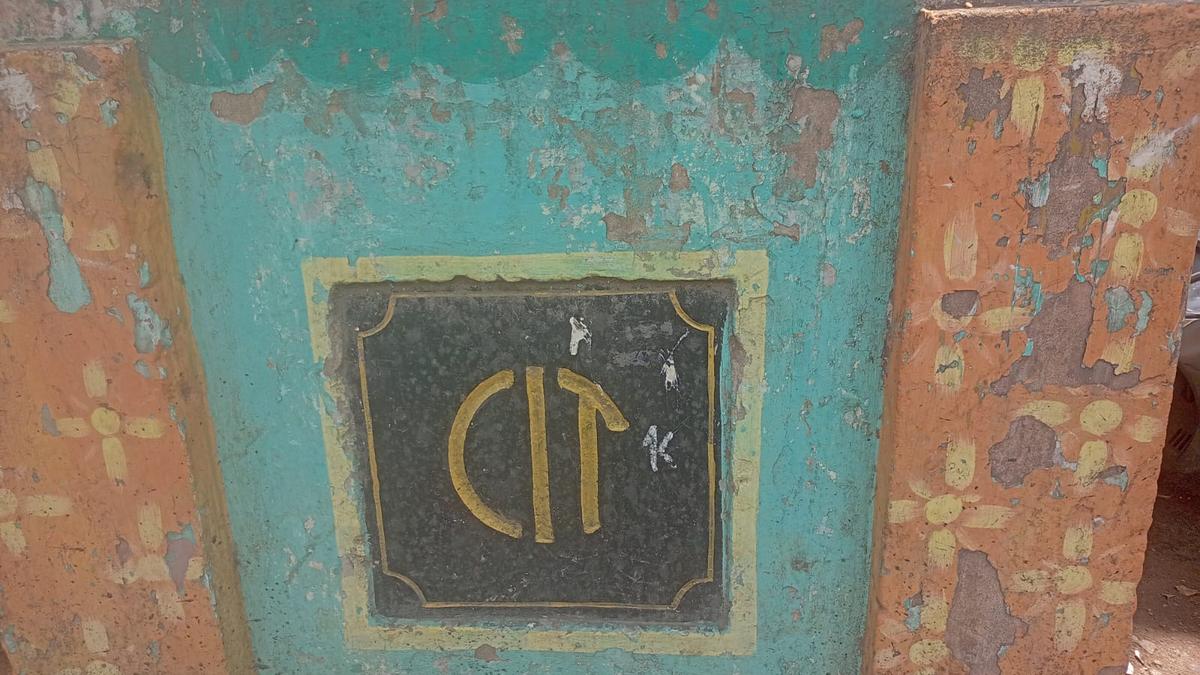Now Reading: Chhagan Bhujbal Seeks Government Clarity on Maratha Reservation GR
-
01
Chhagan Bhujbal Seeks Government Clarity on Maratha Reservation GR
Chhagan Bhujbal Seeks Government Clarity on Maratha Reservation GR

Quick Summary
- Maharashtra OBC Minister Chhagan Bhujbal submitted an eight-page letter to Chief Minister devendra Fadnavis, challenging the maratha reservation Government Resolution (GR) issued on September 2, 2025.
- Bhujbal raised concerns about the use of affidavits for caste determination and demanded clarity or withdrawal of the GR, citing potential harm to the OBC categoryS existing reservations.
- The letter highlighted ambiguous terminology in the GR, such as “relation” (natesambandh), “kul,” and vague certificates issued under Kunbi-OBC classification which could create confusion between Maratha and OBC designations.
- It was pointed out that granting caste status under this resolution might overlap with existing SEBC reservations already provided to Marathas (10%).
- bhujbal claimed that records from the Hyderabad Gazetteer have already been used in a previous resolution by the Shinde Committee in 2024, questioning the necessity of further action on these records via this GR.
- Recent pressure from community leaders like Jarange Patil through protests has influenced government actions regarding Kunbi caste certificate demands.
Indian Opinion Analysis
Chhagan Bhujbal’s objection to Maharashtra government’s recent GR highlights tensions over caste-based reservations that remain a sensitive issue in India. The legal ambiguities surrounding terms like “relation” and “kul,” along with reliance on affidavits for issuing certificates, underscore concerns about fair procedural frameworks for determining caste identities. This decision impacts resource allocation among communities such as OBCs who fear dilution of their own rights due to overlapping quotas granted to groups within or outside their broader category.
Additionally, duplication of efforts regarding Hyderabad Gazetteer data brings into question governmental efficiency and its ability to balance political demands while adhering firmly to established legislative precedents. Such steps could lead not onyl to administrative complexity but also social unrest within communities navigating delicate reservation structures. Obvious dialog involving all affected groups remains crucial moving forward.
Read more at: The Hindu

























